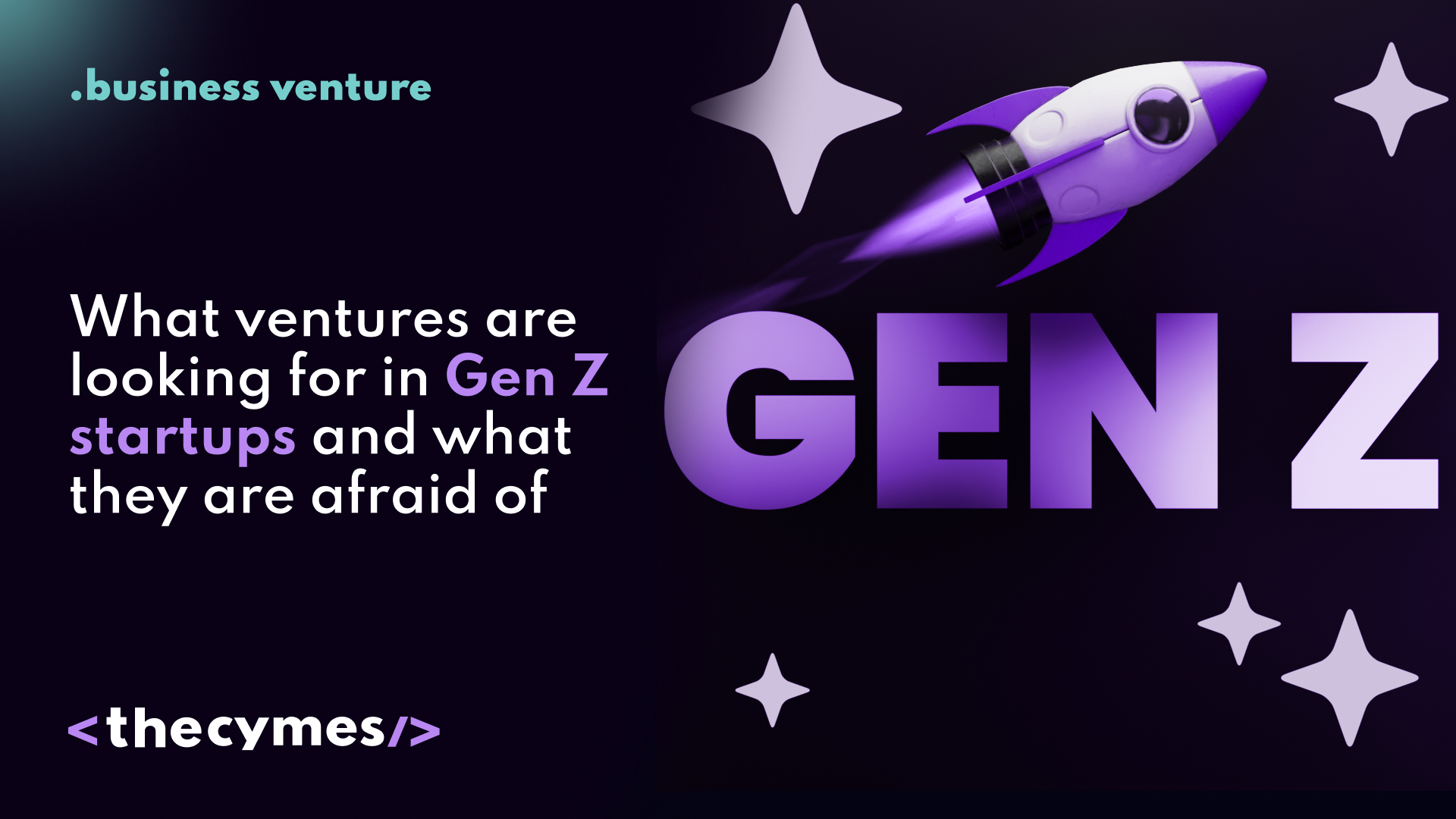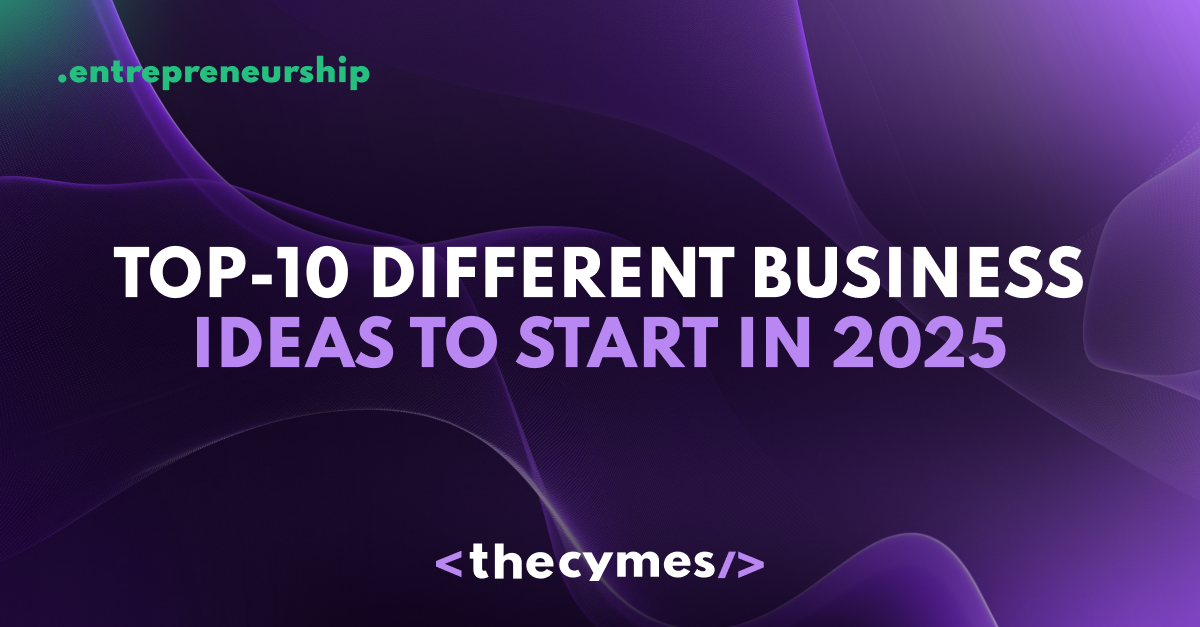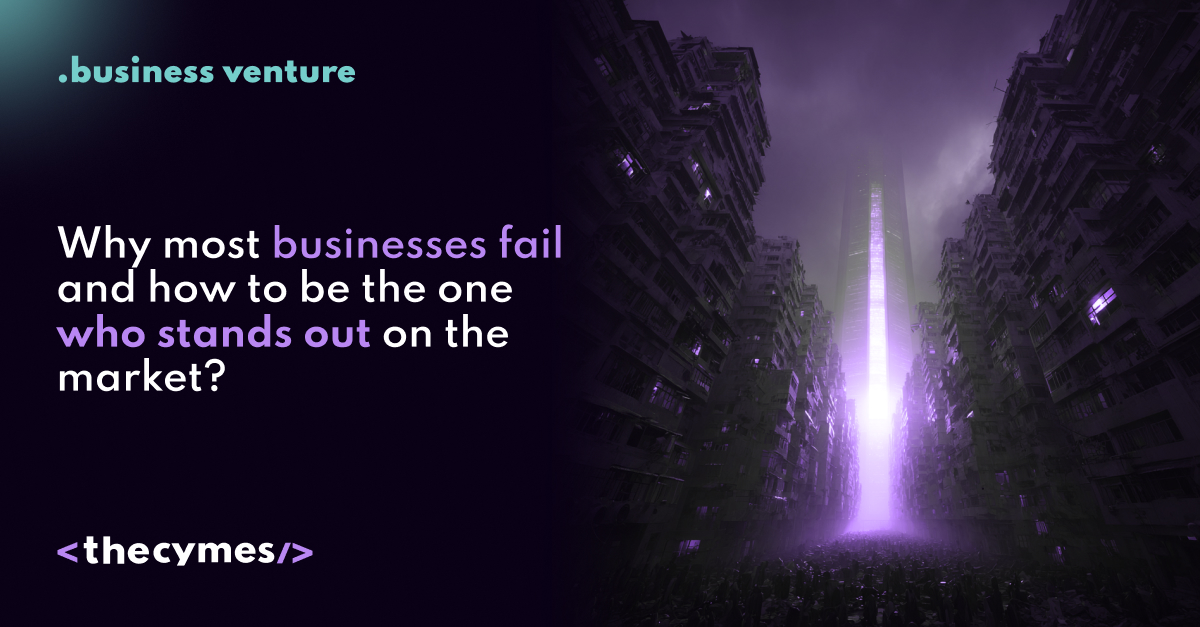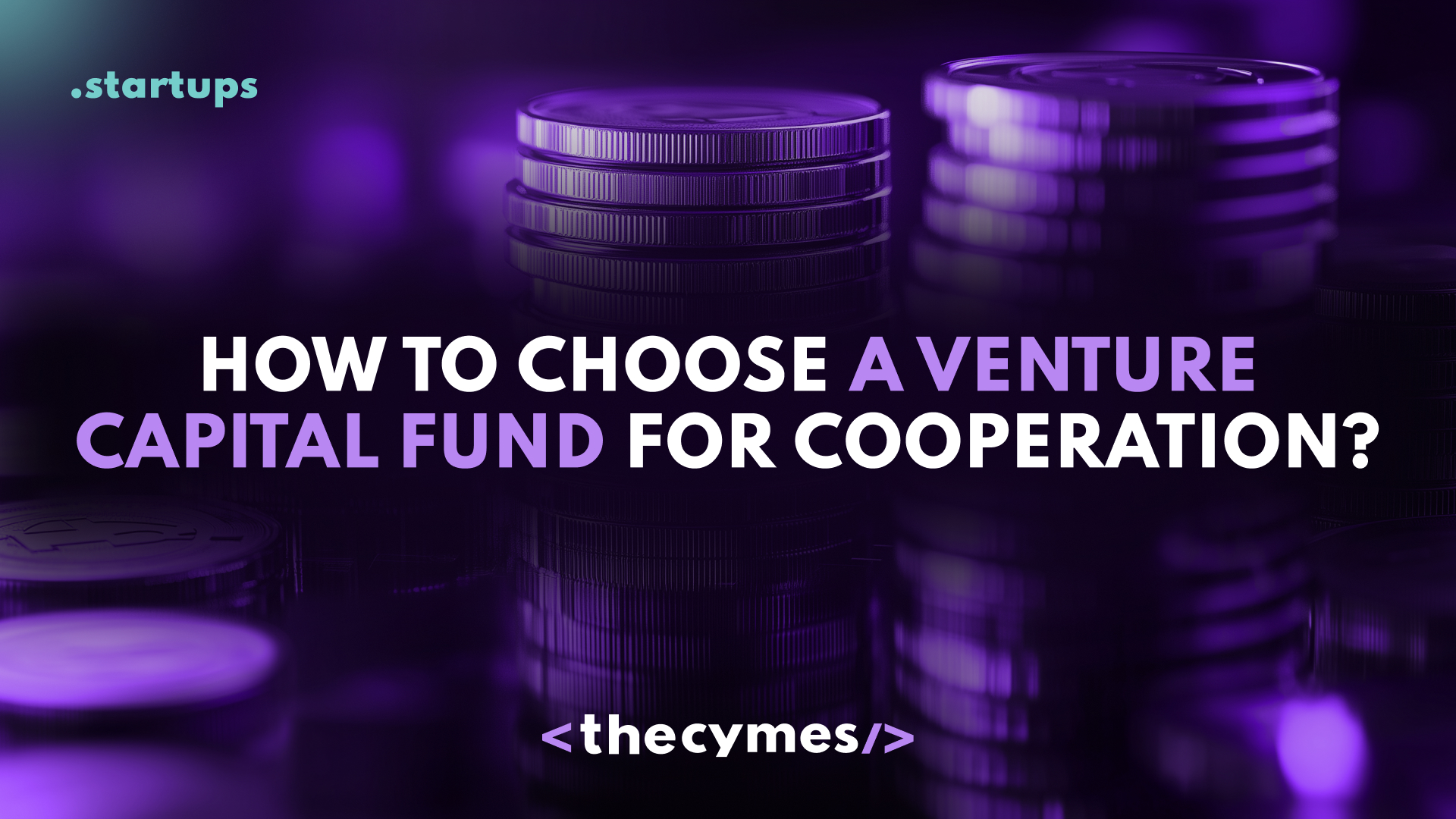.business venture20 May 12:35
0<
What ventures are looking for in Gen Z startups
/>How is pitching changing in 2025? be updated on the latest tech newsGet exclusive news updates and overview on tech market
 How is pitching changing in 2025?
How is pitching changing in 2025? The Cymes Team
The Cymes Team

